Connected to the Field
The biggest appeal of SFS, to me, is written right there in the name: field studies. The importance of field work as a way to improve the retention of information is substantial. One day I learn about a topic, maybe the life cycle of a species or the succession of a habitat or the culture of a group of people; the next day I take a boat to see the thing firsthand. I feel connected to the content I learn about, and get to perform novel in situ research as part of class. Icing on the cake: the field is beautiful. I’ve snorkeled in almost a dozen coral reefs and hiked through as many rainforests, taking notes on what I see and comparing the differences between them. We see this side of nature up close and feel a special connection to it by understanding how it works. Living in an archipelago, most of the travel we do is by boat.
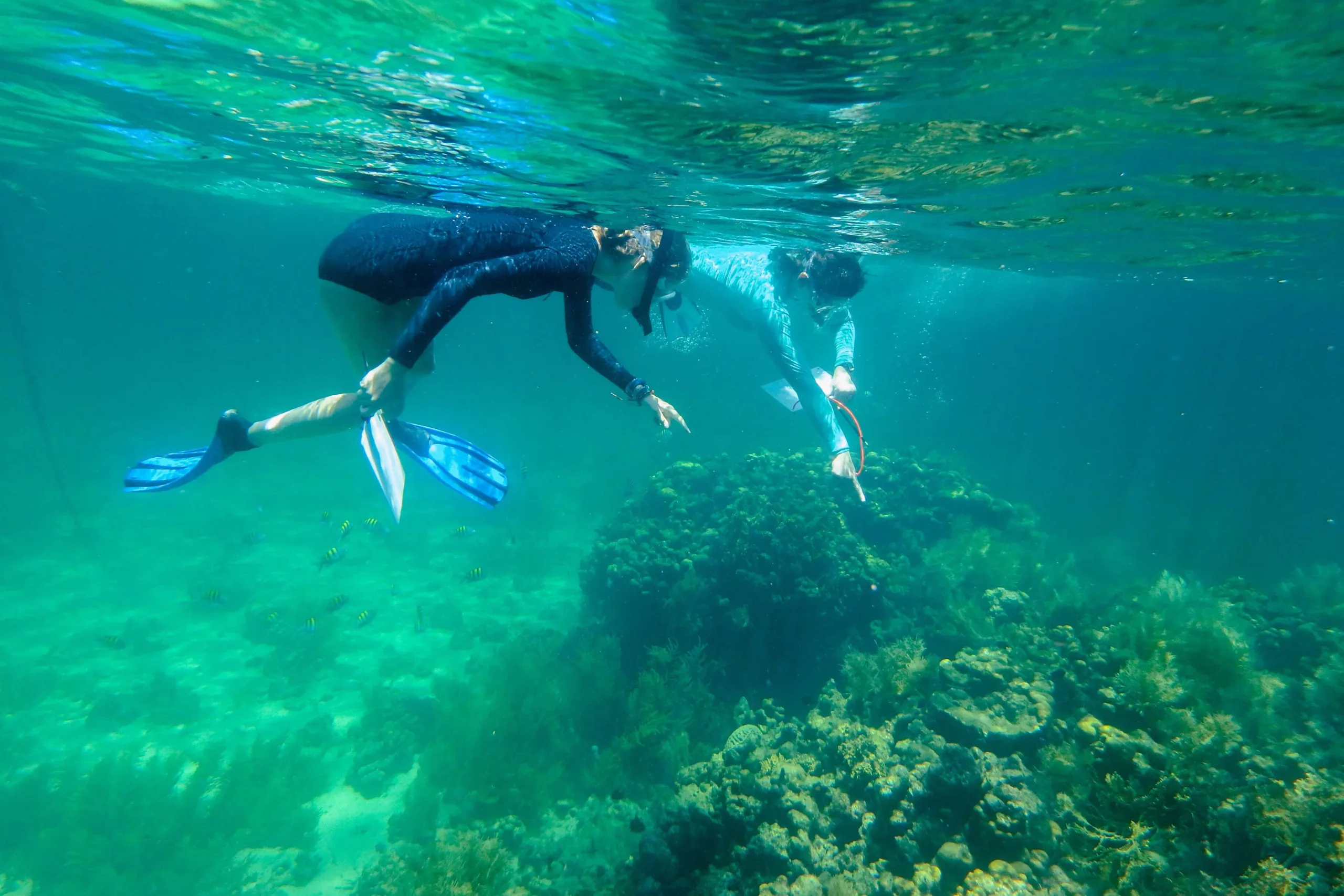
Photos courtesy of Anna Chahuneau
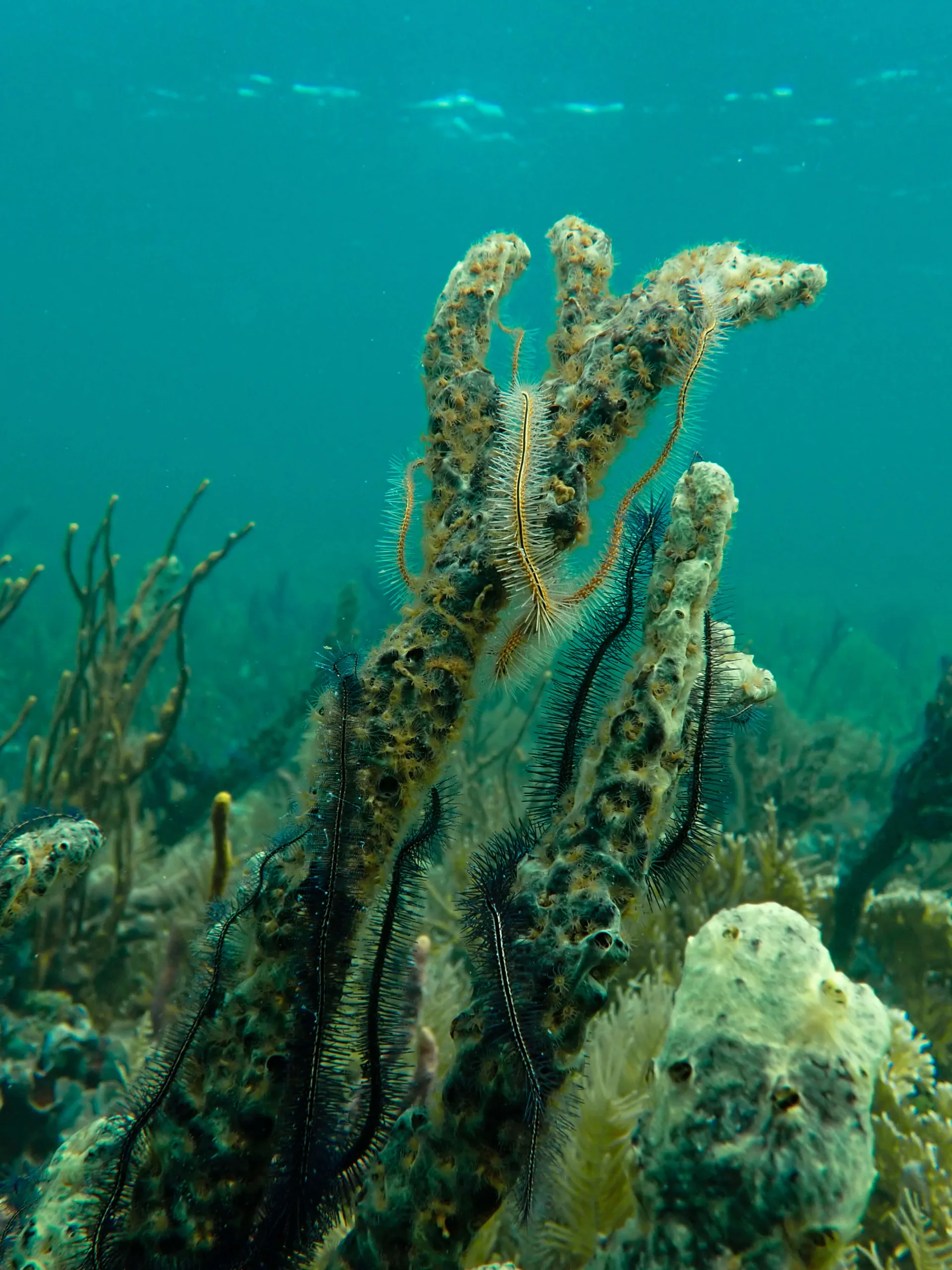
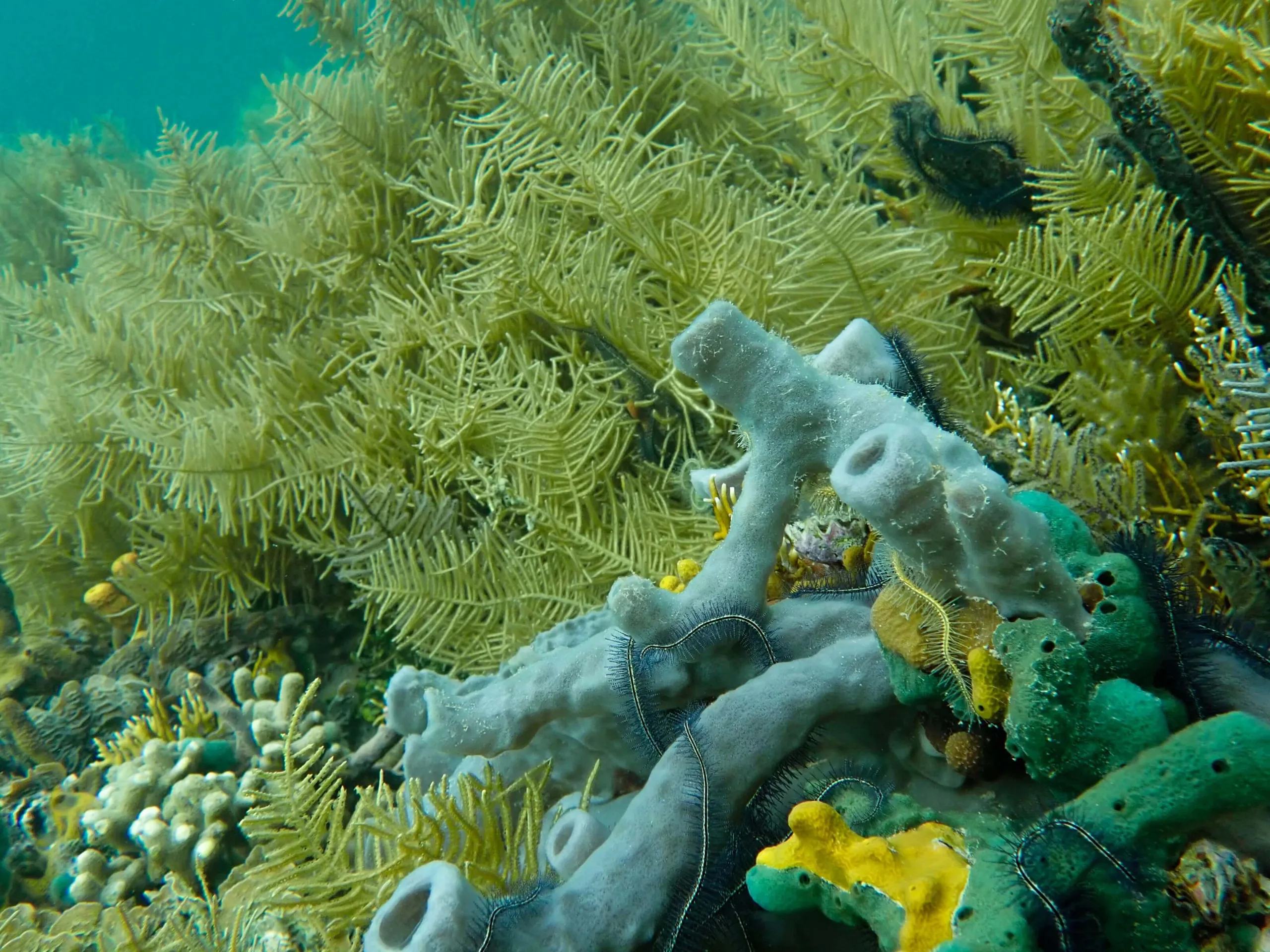
However, we don’t just study the nature. Part of the coursework is dedicated to understanding ecosystems, but a large part is dedicated to social science, language, and culture as well. We learn what makes Bocas del Toro different, asking people from every facet of the population what the culture is like and why it is that way. That’s part of the field work: going out into the community to hear their stories, and reporting what we’ve learned in an analytical way, and critically comparing conflicting viewpoints we hear. Academically, it is an intellectually challenging pursuit, but the Humanist in each of us feeds on it. The practice of sociological field work facilitates an engagement with the problems that the community faces, ones which we can see firsthand.
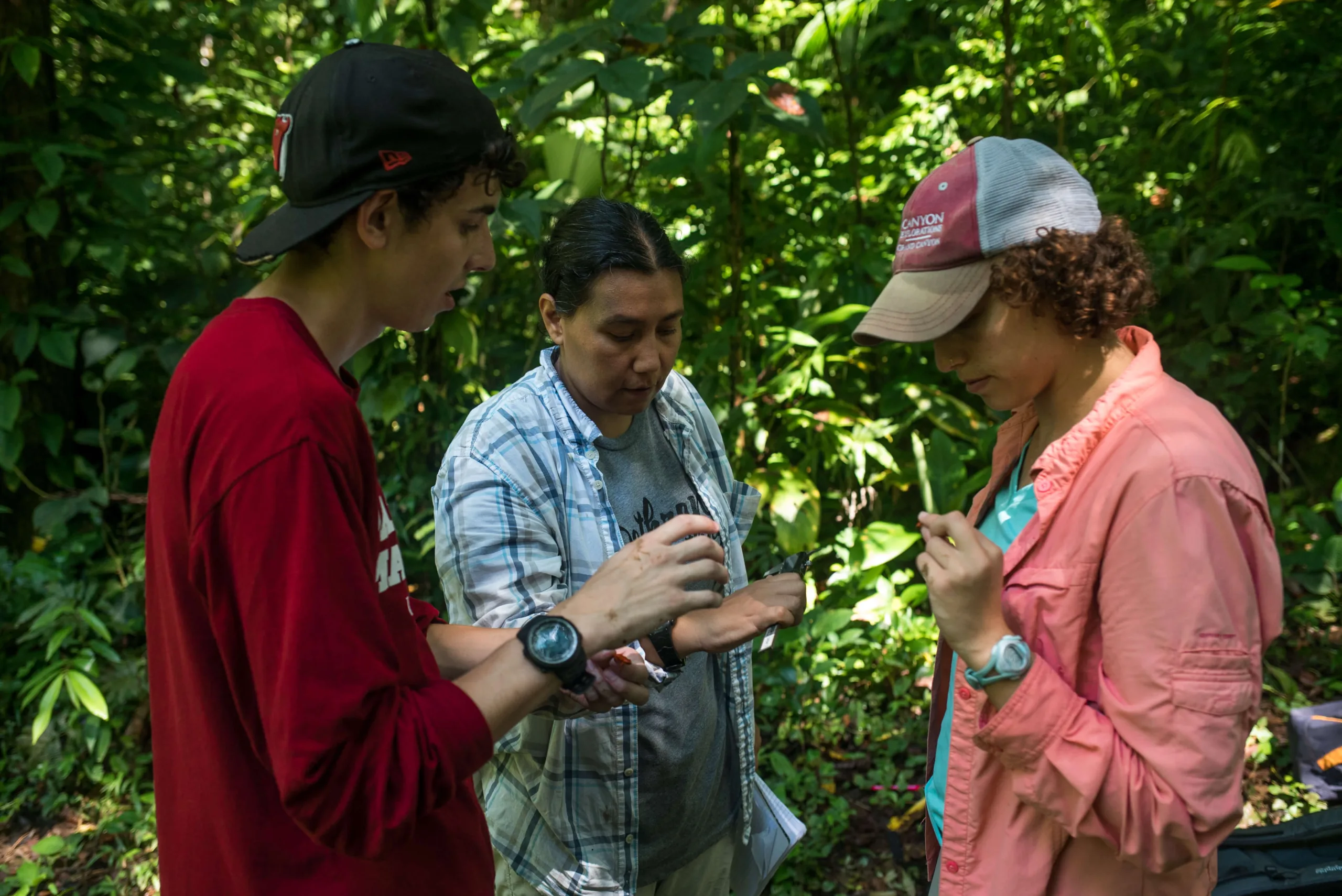
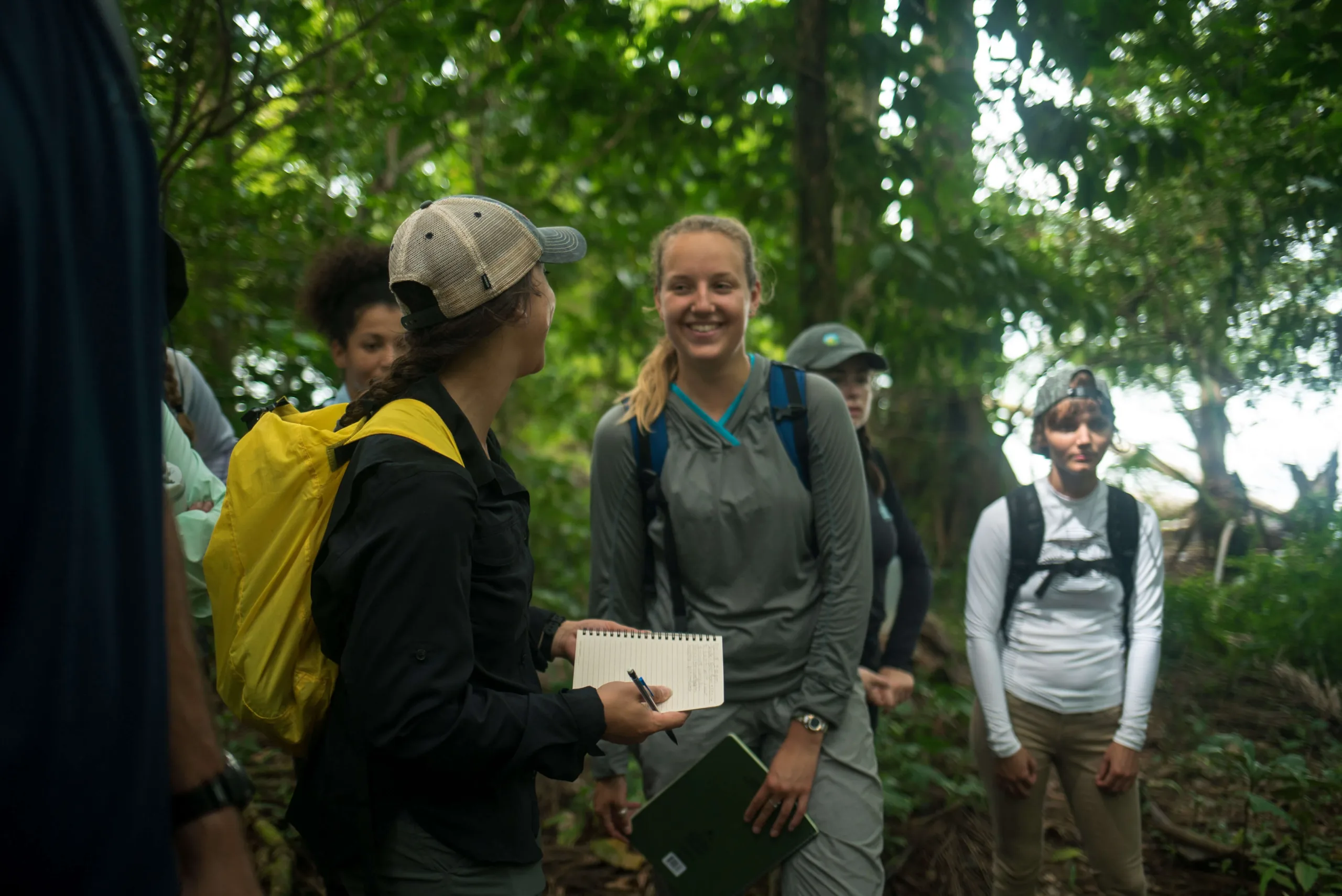
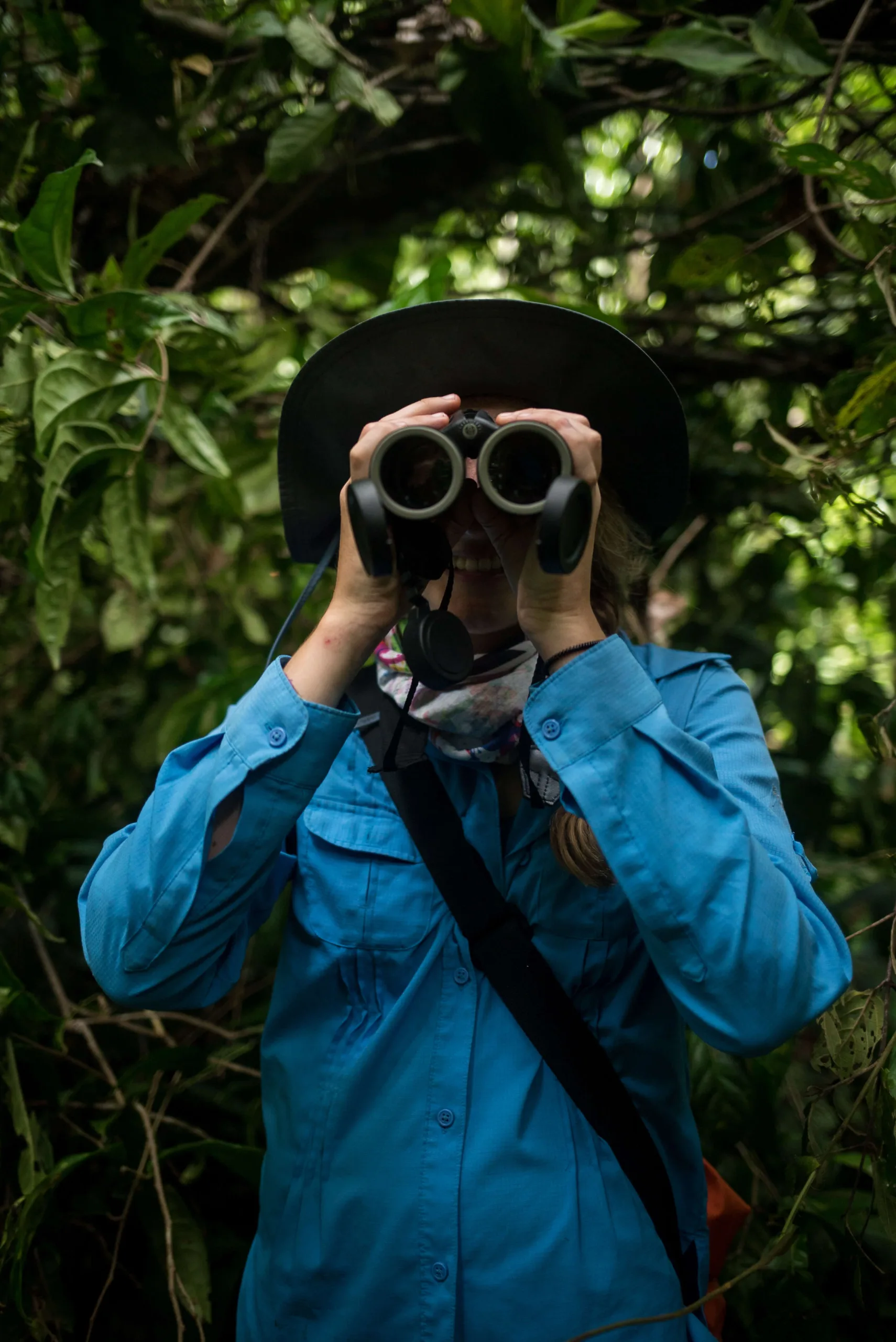
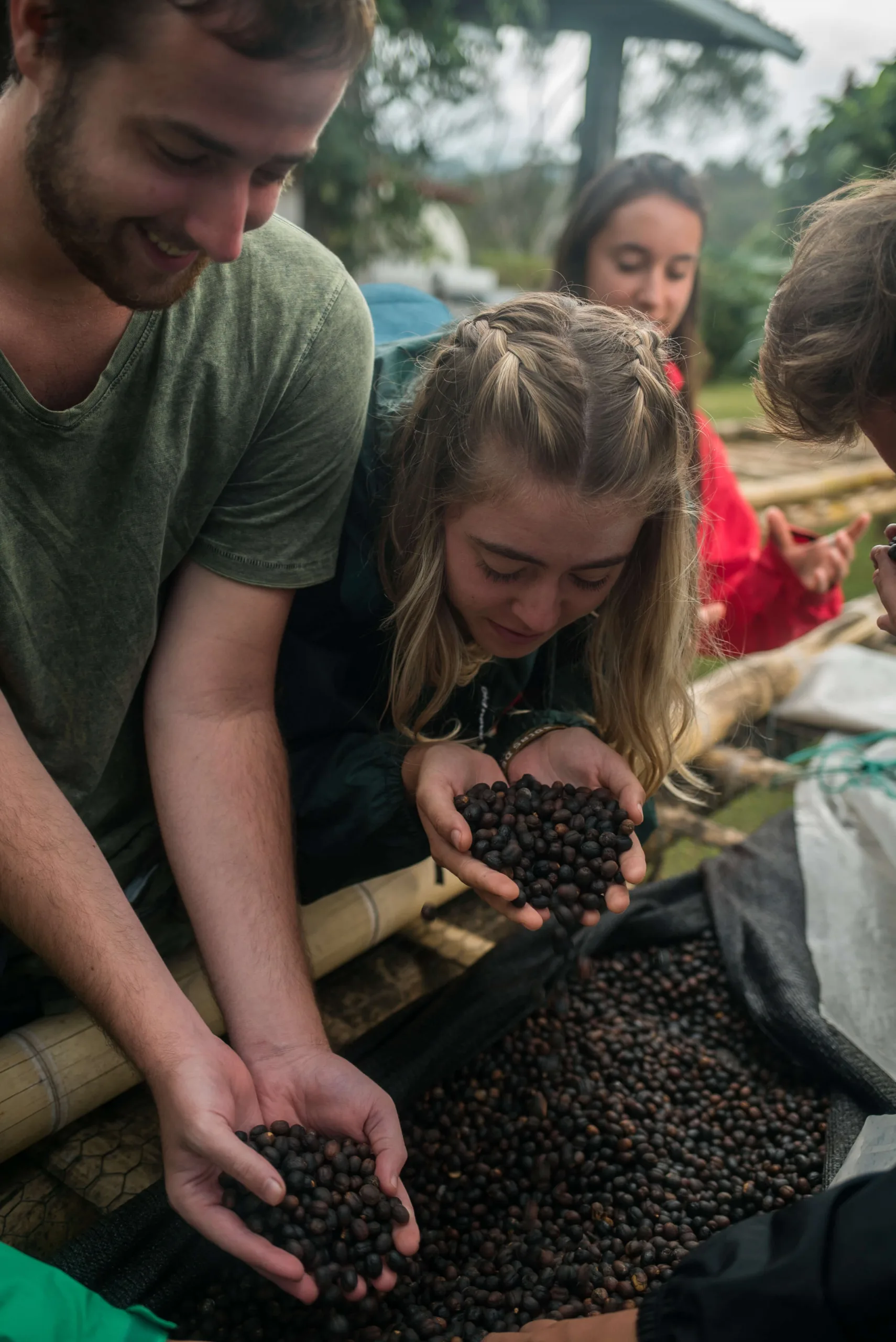
Related Posts

Camila Rojas: Alumni Spotlight⭐

